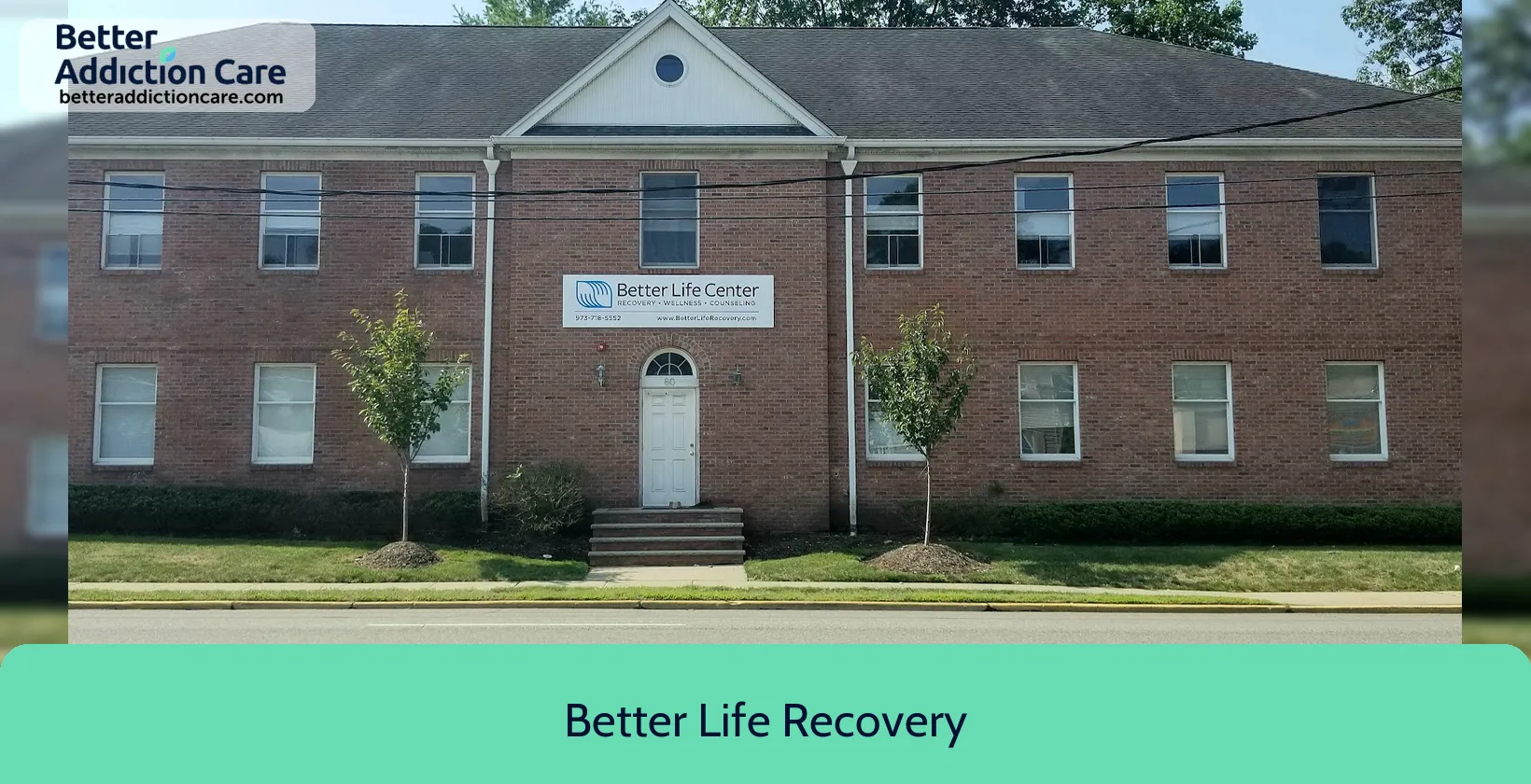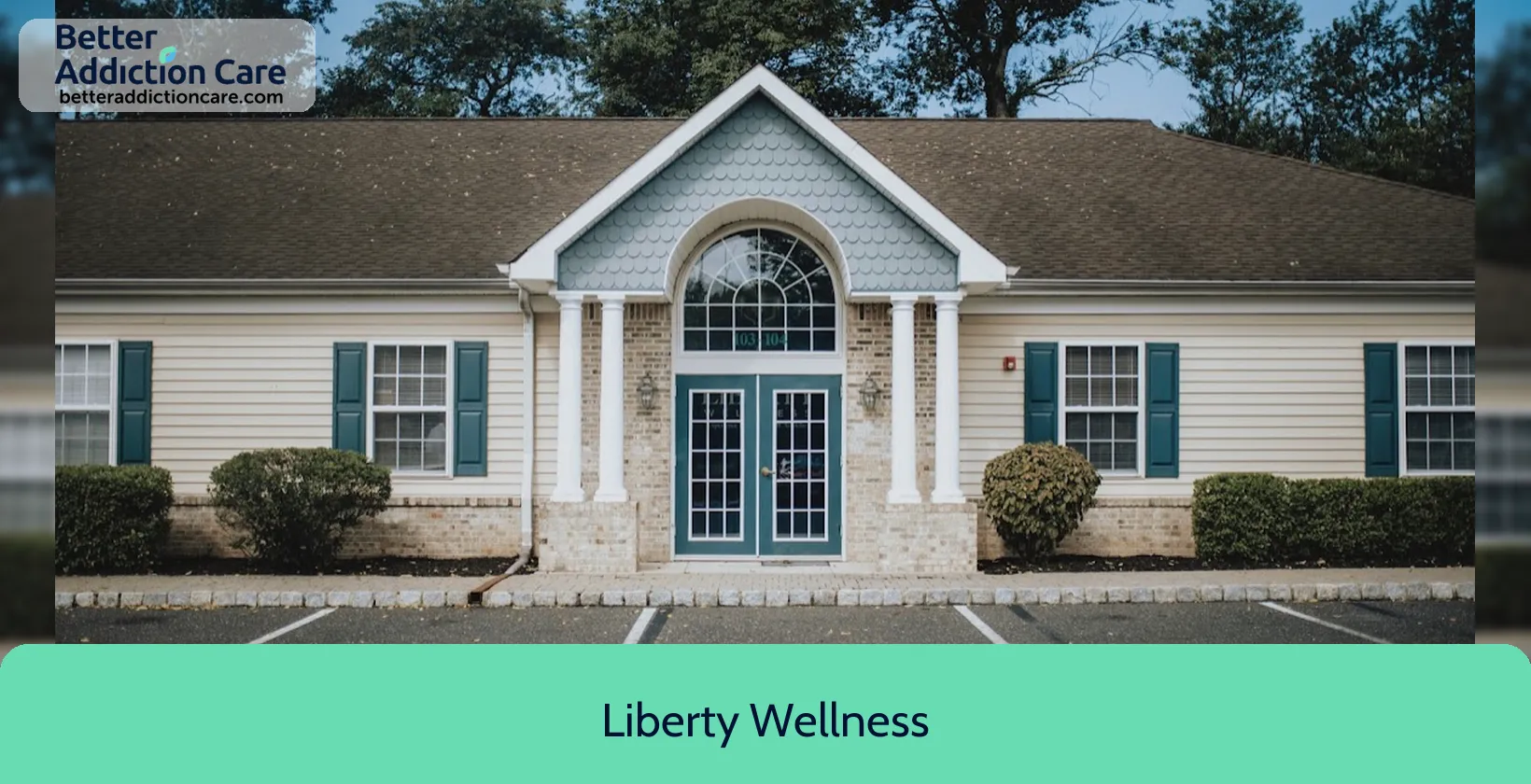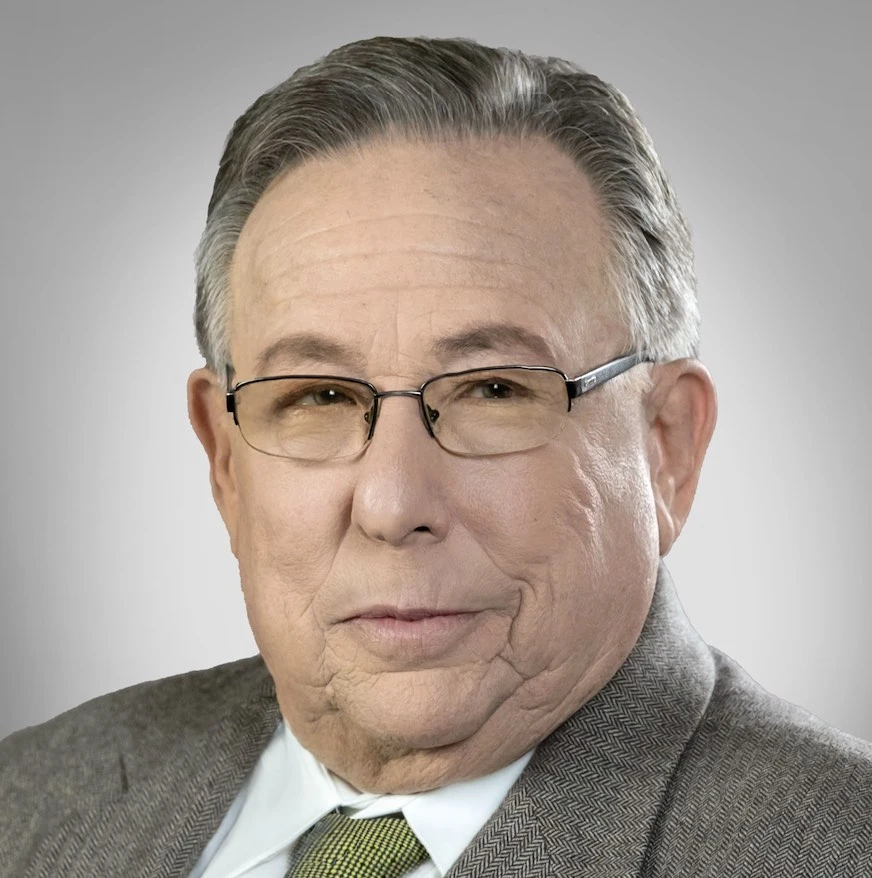Rehab Process for Addiction
The rehab process encompasses several steps, but most of the time, it starts with an assessment that is usually followed by a detoxification, which could be required to help ease the withdrawal that comes as a result of this process.

The treatment on board integrates various methods, which include medical ones such as medicines and therapy, just to try and provide a holistic approach to addiction. Furthermore, group support brings in education, lifestyle adjustments, and aftercare plans, which are as important as a person maintaining sobriety for life. There are reports attesting that there are 5.2 million young people, or 18–25 years old, in need of substance abuse treatment, almost 1.6% corresponding to 547,000 people who have remained without treatment.
Recovery will never be the same as "drug treatment"; instead, it becomes a long-term commitment and a long-continued process that needs ongoing vigilance and support. Treatment often gets misunderstood as a "lose and forget" process, which undoubtedly has already been identified as a post-rehabilitation problem.
Wholly, recovery stands for the fact that even those who have managed to live sober for several years need to keep constant monitoring to evaluate the possibility of relapse. Patients who receive treatment must, accordingly, employ these tools gathered throughout the treatment process to protect themselves from starting again the habits of addiction behavior, indicating that attention and care have to be sustained for the duration of the treatment process and beyond.
What Are the Steps in the Rehab Process for Addiction?
Often, effective addiction treatment requires going through several steps. However, the number, the order, and the focus of these steps all depend on a specific program and each unique individual. Yet a notable characteristic of various instruction models is they necessarily begin with assessment and evaluation. This entails examining the person's overall physical status, mental status, history of substance use, and readiness for orientation, among other things, to prepare an appropriate treatment plan for the patient.
Frequently, the process goes through an evaluation and assessment stage that ends with detoxification for those with substance abuse problems. Afterward, therapy and counseling to help the person discover the underlying reasons contributing to the addiction.
Also, depending on the situation, medication-assisted treatment is sometimes recommended to ease the process. In addition, the person is advised to join a support group where their peers will encourage and support them to remain in the rehab process. Every stage is adjusted according to an addict's special conditions.
These conditions look different from one person to the next. This implies that addiction treatment is different from one person to another since the feelings and physiologic reactions evoked by drugs are different.
| Step | Characteristics | Key Point |
| Assessment and Evaluation | An assessment of the physical health, mental well-being, substance use history, and motivation for treatment to develop a personalized plan is conducted. | Sets the stage for the entire rehabilitation process by providing crucial information about the individual's needs and circumstances. |
| Detoxification | Takes the time to detox the body of the substance and safely manages withdrawal symptoms. | Addresses the physical aspect of addiction by removing the substance. |
| Rehabilitation | Includes various therapies and interventions to address specific needs and promote recovery. | Provides treatment for the psychological and behavioral aspects of addiction. |
| Aftercare Planning | Establishes ongoing support and relapse prevention strategies. | Reinforces skills and strategies for sustained recovery. |
Types of Therapy for Every Stage of the Rehab Process
Assessment and Evaluation:
Professional psychological evaluation by a licensed therapist or psychologist to assess mental status, discover psychological root causes of addiction, and suggest a suitable treatment strategy accordingly. Motivational Interviewing is mostly used as a patient-centered approach where the counseling professional helps the patient to explore and resolve their inner conflict about change, enhance their motivation for treatment by making the patient more committed to the recovery process, and set achievable goals.
Detoxification:
Medical monitoring is the process of continuously observing patients' clinical conditions. This includes alleviating withdrawal symptoms, handling medical complications, and ensuring detoxification safety through treatment that aims to relieve pain, help control withdrawal symptoms, and provide supportive care is called symptom management therapy.
Rehabilitation:
Cognitive Behavioral Therapy (CBT) allows people to identify and change their catastrophically damaging mental frameworks while helping people with an addiction to recover. Besides, this helps determine the methods for coping with the situation and the prevention of future recovery failure.
DBT, also known as Dialectical Behavior Therapy, combines mindfulness and cognitive behavioral skills to teach people to cope with stressful situations, manage and regulate emotions, and resolve interpersonal conflicts.
MET (Motivational Enhancement Therapy) will help the patient find and resolve the ambivalence towards change, establish a strong addiction toward treatment, and outline specific goals as well. Families are an active component of family therapy, which is key to recovery.
Aftercare Planning:
Ultimately, Relapse Prevention Therapy helps to recognize relapse triggers, develops coping strategies, and brings in an individual relapse prevention plan. Proceeding therapy with an individual is a continuous process that requires further sessions for counseling, repeating skills to deal with current setbacks, and providing recovery support. Active group participation in groups like AA, NA, and SMART recovery programs means the presence of supportive peers, accountability, and motivation that goes on.
|
Therapy |
The stage where it is used |
|
Psychological Evaluation |
Assessment and Evaluation |
|
Motivational Interviewing (MI) |
Assessment and Evaluation |
|
Medical Monitoring |
Detoxification |
|
Symptom Management Therapy |
Detoxification |
|
Cognitive-Behavioral Therapy (CBT) |
Rehabilitation |
|
Dialectical Behavior Therapy (DBT) |
Rehabilitation |
|
Motivational Enhancement Therapy (MET) |
Rehabilitation |
|
Family Therapy |
Rehabilitation |
|
Relapse Prevention Therapy |
Aftercare Planning |
|
Continued Individual Therapy |
Aftercare Planning |
|
Support Group Participation |
Aftercare Planning |
What Are the Costs for Every Stage of the Rehab Process?
It depends on several factors for each stage, such as:
Assessment and Evaluation:
The cost of an assessment and evaluation may be determined by which professional performs this stage. A general practitioner, psychiatrist, psychologist, or addiction specialist could do it.
This may include consultation fees, diagnostic tests not covered by insurance (if any), and other incidental expenses like appointment visit fees, which usually range from $100 to $400.
Detoxification:
- The price of detoxification is influenced by whether it is conducted on an outpatient or inpatient basis and the level of medical attention necessary.
- Inpatient detox requires constant medical attention, thus resulting in higher costs as compared to other options where services are more frequent.
- Expenses could include, for example, the building rent, the medication cost, the medical staff fees, and services such as counseling or therapy.
Rehabilitation:
-
The cost of a rehabilitation program may range from several thousand to hundreds of thousands of dollars, depending on factors like the type of facility—hospital, clinic, residential, or outpatient-, duration, and availability of amenities.
-
In residency and inpatient centers, the cost is higher due to accommodation expenses compared to outpatient programs associated with lower fees.
-
Expenses may comprise program fees, therapy sessions, and drug expenses (in case one needs them). Other facilities that may be incorporated are sports & recreational activities and holistic therapies.
Aftercare Planning:
-
Personal planning costs between the therapy sessions, medication management, and participation in support groups may include aftercare.
-
Costs can be based on how often and for how long aftercare has been requested. They might also be added to fees for attending support groups or included in the counseling sessions.
Most rehab centers now offer some helping hand or payment programs to assist people in calculating rehabilitation costs. In addition, many rehab facilities offer scholarships to help people with various scenarios of paying the costs.
In addition, health insurance plans may cover some of patients’ rehab expenses, but depending on the service provider and policy, insurance coverage can greatly differ. Those accessing treatment should research facilities, ask about treatment costs and available payment schemes, and be able to make an informed choice before deciding.
How Long Does the Rehab Process for Addiction Take?
The length of the rehab process for addiction may differ widely depending on various factors, which include addiction severity, the response to treatment, and the type of rehab treatment the patient is attending. However, the rehabilitation plan can be brief and take several weeks or go on for more than a year. Certain people may choose abbreviated but intense programs, whereas others would require lengthy treatment to develop enhanced life skills. Also, people might keep taking part in long-term therapy or might attend different groups and employ other aftercare services to help them prevent any type of relapse. So, the time of the rehabilitation process varies greatly depending on the individual’s needs and circumstances.
Related Articles
Treatment Centers in New Jersey
 123
123
 123
123
 123
123





